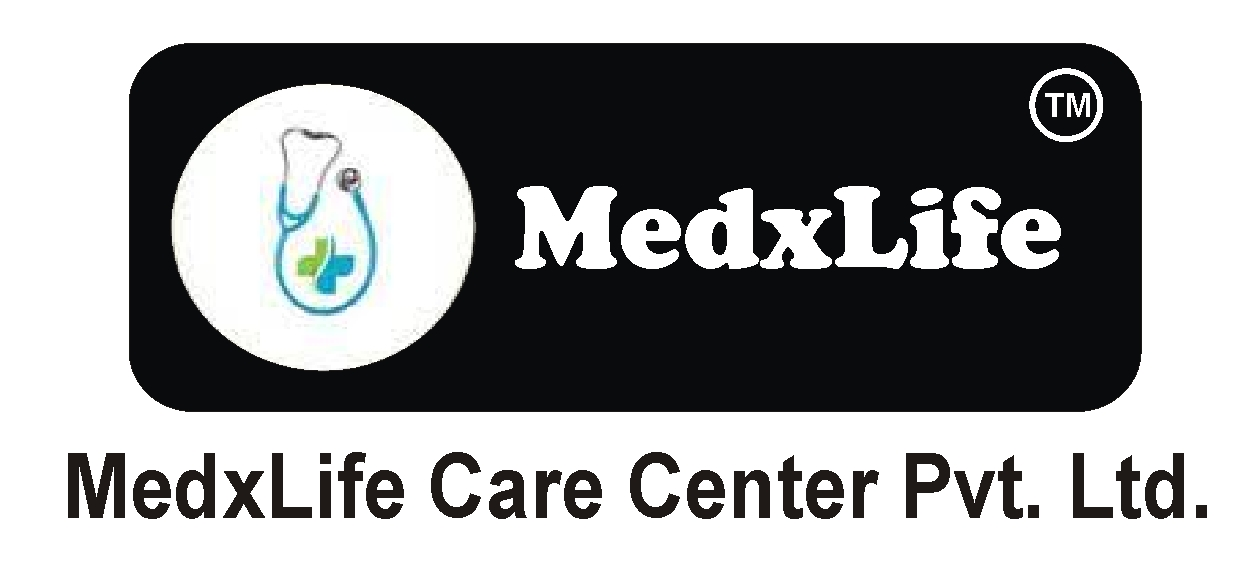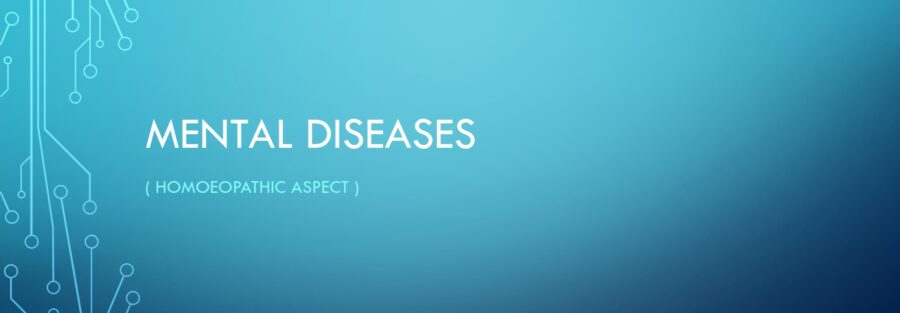INTRODUCTION–
In Organon of Medicine 6th edition, Dr. Hahnemann writes about the mental disease in the Aphorism 210-230 which is considered as one of the genuine and elaborative record of mental diseases till today.
Dr. Hahnemann defines it as -‘’all the so called mental and emotional diseases are nothing more than corporeal diseases in which the symptoms of derangement of the mind and disposition peculiar to each of them is increased, whilst the corporeal symptoms decline (more or less rapidly), till it at length attains the most striking one- sidedness’’.
Dr. Hahnemann in these aphorisms explained about mental disease and to all physicians that if they trace pictures of the morbid state of the patient with full observation and select the medicine based on totality of symptoms then the most striking improvement in the case is not impossible. Patients can be prevented from the large repeated doses of other unsuitable medications and sufferings. Mental disorders are among the leading cause of ill-health and disability worldwide so it must be treated with caution and care to restore mental well being of the affected individual.
Classification of mental diseases-
It is broadly classified into 4 types (aphorism 216, 221, 224, 225)
1) SOMATO-PSYCHIC TYPE (APHORISM 216)
The corporeal disease (bodily sign and symptoms) decline or becomes so insignificant as compared to mental symptoms which appears as local disease and became chief complaint where any surgical intervention became of no use as it is on mental sphere only although disease was on bodily level earlier. In this way they became ‘one-sided disease’ with chief mental symptoms.
Example- In many cases of insanity, mania or melancholia there is a past medical history of suppuration of lungs or other systemic diseases in childhood or some years back, etc.
As in aphorism 210 it is well explained that mental disease is to be treated similarly as any other physical disease as in any case of physical disease there is always slight alteration in disposition and mind is seen so in course of treatment mental symptoms should be noted too in forming the totality of symptoms.
In aphorism 215 it is explained clearly about somato-psychic type of mental disease that they are nothing but that which accompany a physical malady but in its intense form when other physical symptoms decline more or less rapidly.
MANAGEMENT-
First of all complete picture of previous corporeal disease before it became one-sided mental malady along with its remnants is to be formed by the help of past medical history and patients relatives and friends. Secondly present mental symptoms is to be observed by physician himself. After taking all the symptoms in totality a medicine should be prescribed mostly among anti- psoric which is completely based on symptom similarity.
2) PSYCHO-SOMATIC TYPE (APHORISM 225)-
Unlike somato-psychic type, some mental diseases does not originate from any past bodily disease rather due to long emotional disturbances such as continued anxiety, vexation, anger state, frequent episodes of rage, fear, fright, etc. , these in time affects physical wellbeing of the patient to a great degree if not intervened in time.
At the same time in the aphorism 226 it is explained about when a patient needs counselling, friendly exhortations, advices, family support etc. and also can be treated with anti- psoric medicine before it can further develop into corporeal disease, this is only possible when emotional disease is of recent origin and there is no bodily stage yet.
MANAGEMENT-
In these cases it needs counselling which includes friendly advices, display of confidence, etc , as well as diet and regimen is to be maintained in order to maintain the state of health and emotional therapies as well as anti- psoric medicines based on totality of symptoms in order to prevent its recurrence as well as to avoid its growth on the road of corporeal disease.
3) MENTAL DISEASES OF ACUTE ORIGIN (APHORISM 221)
Dr. Hahnemann states that it is not rare that the so-called corporeal diseases which we think are only related to physic which threatens to be fatal- transforms into insanity, melancholia, or into mania by an increase of their physical symptoms that were present previously. The so-called corporeal disease of a vital organ, or some other disease of acute character get transformed to puerperal mania,etc.
MANAGEMENT-
If the psychical disease has lasted for some time then first of all complete picture of disease including mentals is to be formed so as to form totality of symptoms, it should be treated for acute state and then followed by for whole chronicity.
4)MENTAL DISEASES OF DOUBTFUL ORIGIN (APHORISM 224)
In some cases mental symptoms are not quite developed and we are doubtful whether it has arisen from corporeal disease or psychic causes like fault of education, bad practices, corrupt morals, neglect of mind, fault of education or ignorance, etc.
MANAGEMENT-
In these cases it is very important to distinguish to manage the case, the latter one (fault in education, etc) will diminish and be improved by sensible friendly exhortations, consolatory arguments, serious representations, and sensible advice. But if it has aroused from the corporeal disease it will speedily aggravate by the treatment. Melancholic patient would become still more depressed, inconsolable, and goes into their shell. The spiteful maniac would thereby become still more intense. Chattering fool would become manifestly more foolish. So in such cases a radical anti psoric medicine based on totality of symptoms should be prescribed in order to avoid any further recurrence and complications.
HAPPY LEARNING
Contributor- Dr. Apurva Varangi




